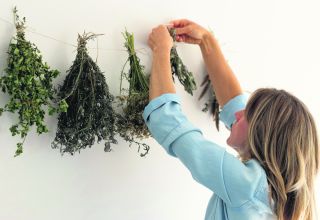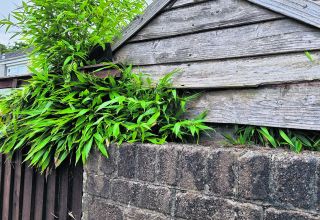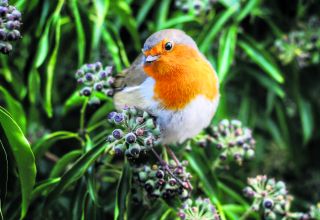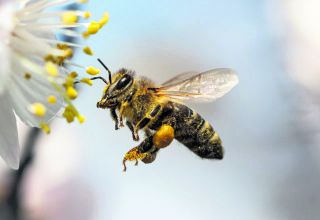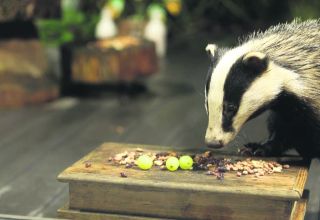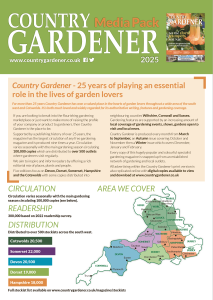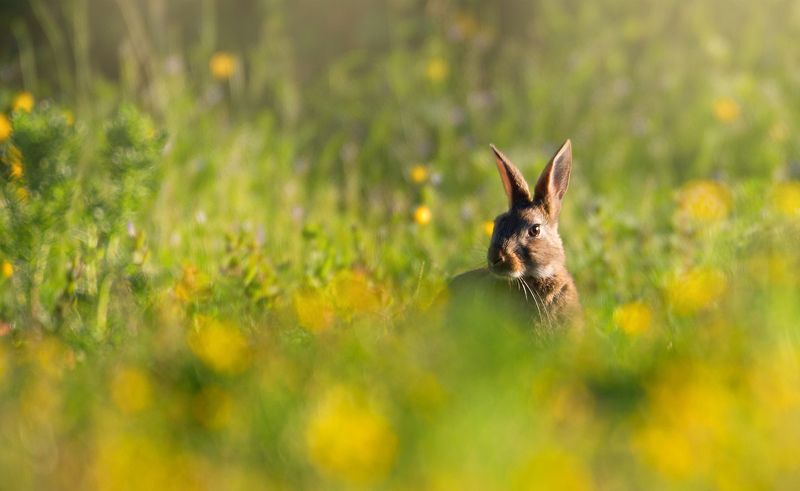
The Wildlife Trust has created online nature activities to encourage everyone to tune in to wildlife at home– and to help people find solace in nature during tough times.
Spot bees, butterflies, bats and birds during your permitted local walk, keep children entertained with nature-themed crafts, or tune in to look at fabulous wildlife footage and photos! There’s also plenty of practical outdoor advice to inspire us to do more for wildlife in gardens, balconies or window boxes.
Go to www.wildlifetrusts.org/looking-after-yourself-and-nature. The Wildlife Trusts are also launching a weekly wildlife programme on YouTube this week for kids and parents. A new video will be uploaded to Wildlife Watch UK every Wednesday at 10am. The channel will feature wildlife experts, home-school help and seasonal species to spot at wtru.st/Wildlife-Watch-YouTube. Future videos will include:
- How to build a pond
- Be a garden scientist – exploring your garden wildlife
- How to identify insects in your garden
- How to make a bug hotel
- What is marine pollution?
- Why birds sing and how to recognise their songs.
Wildlife Trusts across the UK are providing new ways of helping us feel more connected to the wider world and each other, via their online and social channels. Wildlife experts who are usually leading school visits, events or talking to visitors on reserves have had to down tools and work from home – and so they can now be found online leading wildlife-spotting tours through their gardens, blogging about the life cycle of oil beetles or sharing heart-warming sounds of a dawn chorus on a sunny April morning. For example:
- Follow over 20 webcams from nests and locations around the UK
- Daily wildlife diaries from Sussex Wildlife Trust’s Michael Blencowe who talks about the wildlife in his gorgeous garden.
- Worcestershire Wildlife Trust is advising people about feeding birds, watching wildlife in the garden and learning how to identify it.
- Hampshire and Isle of Wight Wildlife Trust is producing a series of videos called Bringing Nature to You. Join education officer Susan Symmonds and hear about the life cycle of an oil beetle.
In total there are 24 webcams offered by Wildlife Trusts across the UK that are online, or will come online soon. 19 webcams are online right now and five cams will come online later in spring, depending on when the species they watch arrive!
The Government’s guidance on access to green spaces here.

